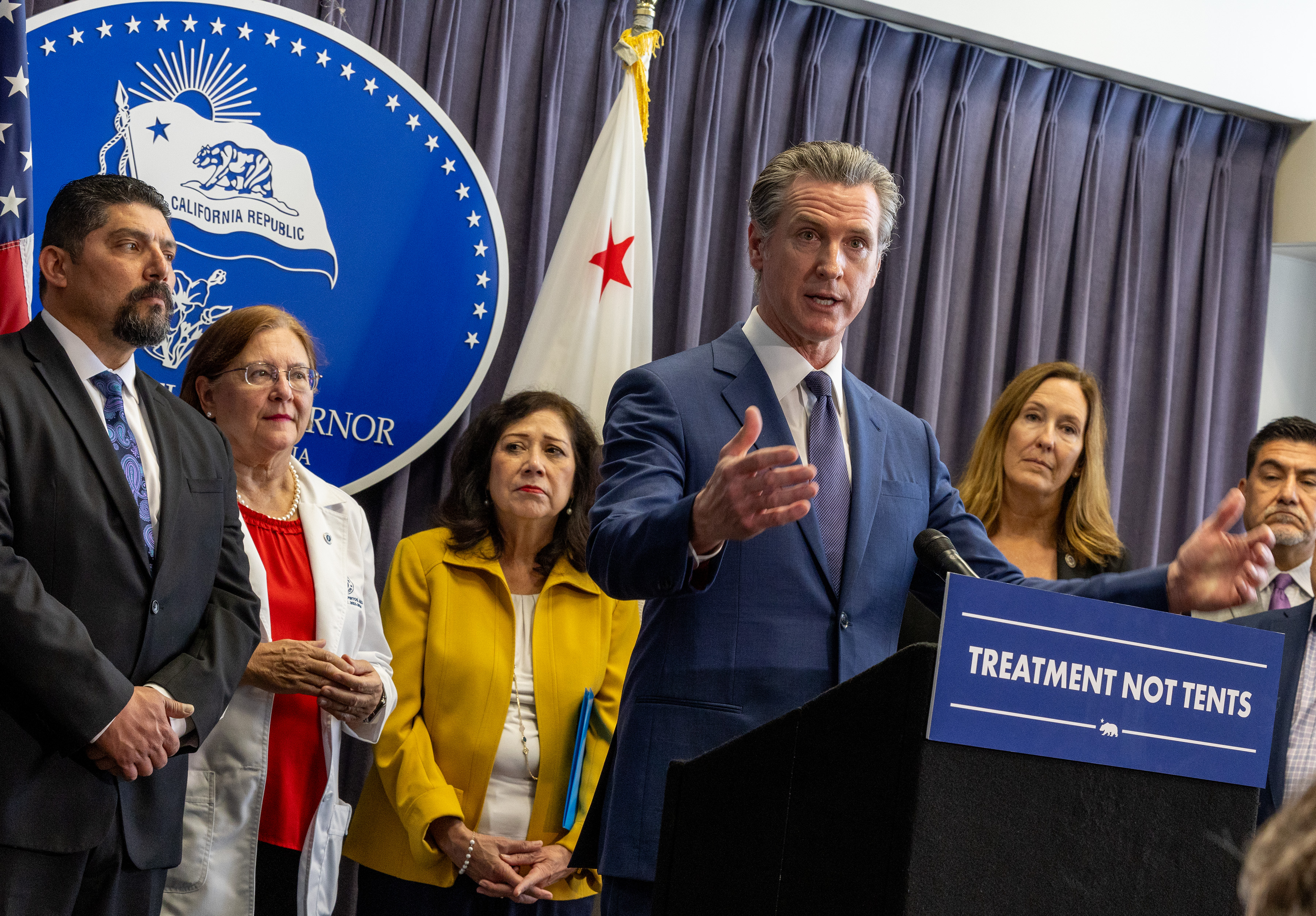Rent control advocates failed to win over Concord’s City Council last year, but a proposed ordinance designed to keep rent hikes below 10 percent is picking up traction in the suburban city of about 125,000 people.
The resolution currently under the council’s consideration would establish a mediation process for tenants and landlords battling over a rent dispute. If approved at the May 2 council meeting, tenants who receive a rent increase above 10 percent over 12 months would be able to request mediation through city services. If mediation fails, disgruntled residents could then have their case heard by a non-binding Rent Review Board, composed of the tenant, landlord and a neutral party.
The program would only apply to tenants who live in a building with at least three units. Renters in single-family homes, condominiums and affordable housing units in the city would not qualify for the review process.
Several other Bay Area cities have used rent mediation boards as a lighter alternative to rent control, such as the review boards in Mountain View and San Leandro. In theory, the specter of required mediation acts as deterrent to keep landlords from hoisting rent hikes above a certain threshold, while also still giving landlords flexibility to invest in their units.
Victoria Walker, Director of Community and Economic Development for the city, said the program is designed to give equal protections to landlords and renters.
"The goal is to offer two things: First, offer a process that may encourage rents not to accelerate really rapidly, and secondly, to offer a professional and secure setting in which tenants and landlords can possibly negotiate rent increases," she said.
Concord would charge landlords a fee to fund the mediation program, during which a mediator tries to reach an agreement between the two parties under the maximum period of 40 days. If that fails, the issue would then move to a public hearing. The landlord would be required to attend.
Local
Jose Ramirez, a former tenant in the city who moved after his rent raised 16 percent last year, said the program is a good start, though it’s a far cry from the maximum three percent hike he pushed for in November.
"I think it could work," he said. "You know, at least it’s something. I’m not gonna hold my breath, but at least we have somewhere to go now."
But other tenants argue that the ordinance relies too heavily on the goodwill of landlords for it to be a success. Their chief criticism is that the Rent Review Board’s decision is non-binding. That means a renter battling a 20 percent rent hike could go through a failed mediation, have the Rent Review Board recommend a lower rent, and still face paying 20 percent more or moving out. Ultimately, whether the ordinance passes or fails, imposing a rent hike above 10 percent is still at the landlord’s discretion.
"I can’t help but think landlords are just going to keep all rent hikes at, say, 9.99 percent just to stay under the radar," Gabriela Gorseau, a Concord renter, said. "And, if they still raise it higher, I could go through that entire process, devote time and miss work, just to have the same rent increase as when I started."
Though several landlords are not pleased with the policy, most admit it's better for them than rent control.
"Rent control would restrict the maintenance of the buildings," said John Desouza, a Concord landlord. "When rents are low, there’s no money to be made."
Recent surveys show that Bay Area rents are falling slightly or remaining relatively stable, but in Concord, the average rent increased between eight and 15 percent last year. The average two-bedroom unit in the city hovers around $1,700 per month.
A workshop for landlords and tenants will be held on April 19 at 1:30 p.m. in the City Council Chambers.



